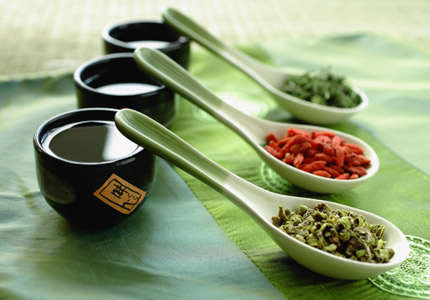
The loss of a few strands is now evident on your scalp and you have begun to worry. The Chinese have been known for their wisdom and profound understanding of human body. They attribute health to a proper balance between the Yin and Yang constituents in the body and an imbalance in one of these can adversely affect our health. Chinese believe that a good flow of Qi and blood is a must for the essential nutrients to reach your hair. It is deficiency of Qi or obstruction of proper blood flow that is responsible for hair loss. According to the Chinese, proper functioning of your liver and kidney and health of your hair are inter-related. Any malfunction in their functioning can restrict the blood flow or increase the toxicity in your body that attributes to hair loss. Chinese medicines for hair loss are a result of scientific research by its people for thousands of years and have been proved clinically effective. Read on to know a few effective Chinese herbs that will help you combat hair loss.
Gotu kola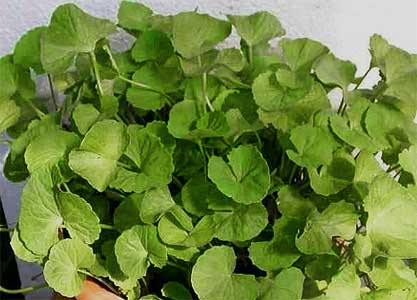
Gotu Kola’s ability to fight hair loss is backed by some interesting studies. While being administered on alopecic rats, it was reported to thicken their epidermis and restore their hair growth. It is also widely regarded for its healing abilities, which translates to its ability to offset inflammation of hair follicles. It helps in reducing stress by treating anxiety and hypertension known to contribute to hair loss. Gotu kola can be taken in different forms, which ranges from capsules to dry powder. Taking it in the form of tea you can add two teaspoons of its leaves in 150 ml that should be allowed to boil inside for a few minutes. Three cups a day are recommended. Other way is to take it as a herbal tincture in the quantity of 10-20 ml, 3 times per day. Its extract of 10-20 ml is recommended two times per day, while as a dry herb, 2500 mg per day is recommended. The most easy of it all is to take two 500 mg capsules everyday. Though if taken in excess, it can result in itching, swelling, nausea, upset stomach and allergy. In case you are suffering from cholesterol or diabetes, it is a must to first consult your physician.
Ginseng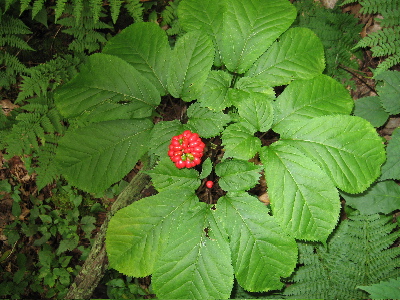
The Chinese have been using ginseng for years owing to its healing properties. It strengthens the immune system and helps combat cardiovascular diseases. Since, the Chinese believe that proper blood flow in the body and the health of your hair are interrelated, ginseng is known to improve blood circulation of the body and facilitates the absorption of oxygen by the blood. Ginseng like other other Chinese herbs can be taken in the form of capsules, powder, or liquid extract. The most used method is to use its roots in the tea. An overall intake of 100-200 mg per day is recommended. Since, it increases the blood flow in the body, people with high blood pressure must consult a doctor before going for it. When taken in excess it can result in vomiting, headache, nausea, or diarrhea.
Algae extracts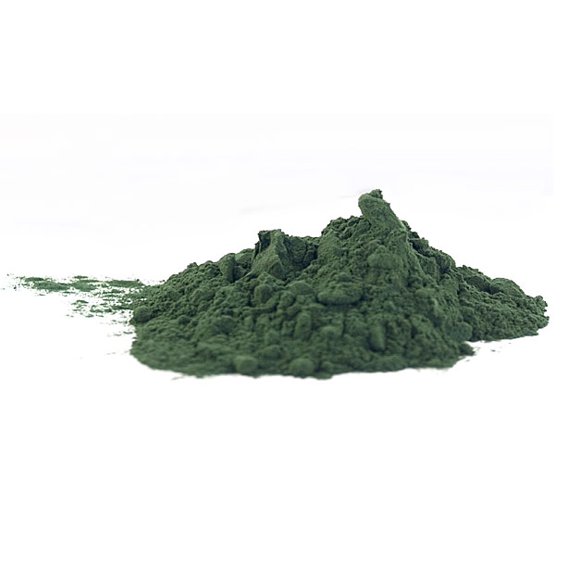
Your doctor might have explained to you the importance of vitamins and minerals in your diet and since some vitamins are difficult to obtain from the food we eat, he might recommend supplements for you. Taken from seaweeds, algae extracts are known to be a rich source of vitamin A, C, B1, B2, B6 and niacin. They are also rich in minerals abundant in sea i.e. iodine, iron, calcium and potassium. The more common algae extracts that are known to show positive results are Himanthalia elongata and Atlantic kelp. The anti-oxidants in these algae promote healing while they are also proved to inhibit 5-alpha reductase known to cause hair loss. Though you need to be careful while buying any of these extracts since algae available in the market may be contaminated with microcystins and heavy metals. Algae extracts are also known to cause nausea, vomiting and diarrhea in certain cases.
Dong quai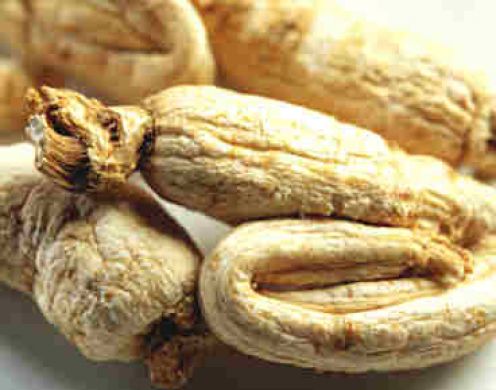
This medicine holds DHT (Dihydro-testosterone) responsible for hair loss. Dong quai is a source of phytoestrogens, which are known to inhibit DHT. It not only cures hair loss but also stimulates hair re-growth. The name translates as “return to order” and is known to be more effective in females. It is a rich source of vitamin B12, vitamin E, biotin, ferulic acid, and more. The most popular way to use it is to intake its roots along with nettle. Nettle is used because it improves the functioning of phytoestrogens present in Dong quai. 3-15 grams of dosage is recommended daily while it can also be applied directly to your scalp. You must avoid it if you’re going to get a surgery treatment as it highly increases risk from bleeding. Children are also recommended this herb. Its general side-effects are headache, sedation, fever, dizziness, etc.
Ginkgo biloba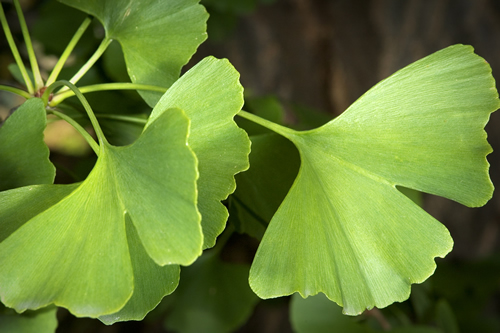
The Chinese have been using Ginkgo biloba for centuries for treating diseases such as thrombosis and Reynaud’s phenomenon. Poor circulation of blood in the body is one of the major factors attributing to hair loss. Known as Viagra of the old times, Ginkgo biloba is known to improve blood circulation throughout the body. Your scalp can only absorb oxygen and other nutrients if blood flows up to the fine capillaries. It is recommended to be taken with cayenne pepper as the latter enhances the pumping of blood in the body. People with blood circulation problems are recommended to consult a doctor before using it. Other general side effects are nausea, vomiting, diarrhea, etc.
Green tea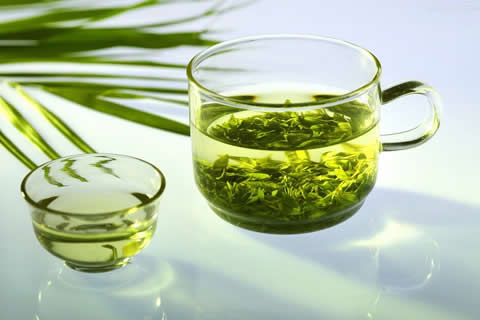
Green tea is a rich source of anti-oxidants. The free radicals are often held responsible for damage caused to your hair and scalp. The anti-oxidants in tea block these radicals and help in preventing hair loss. It is also known to improve the blood flow in the body which means essential nutrients reach your scalp and promote healthy hair. In an experiment on mice, it was observed that mice who were fed green tea reported less hair fall and regrowth in some cases. The polyphenolic substances in green tea have anti-inflammatory and helps in reducing stress, a major cause of hair loss. Generally 3-4 cups are recommended for a day and excess of it should be avoided. People sensitive to caffeine may feel restlessness, insomnia or palpitations in case of overdose.
He Shou Wu or Fo-Ti (Polygonum multiflorum)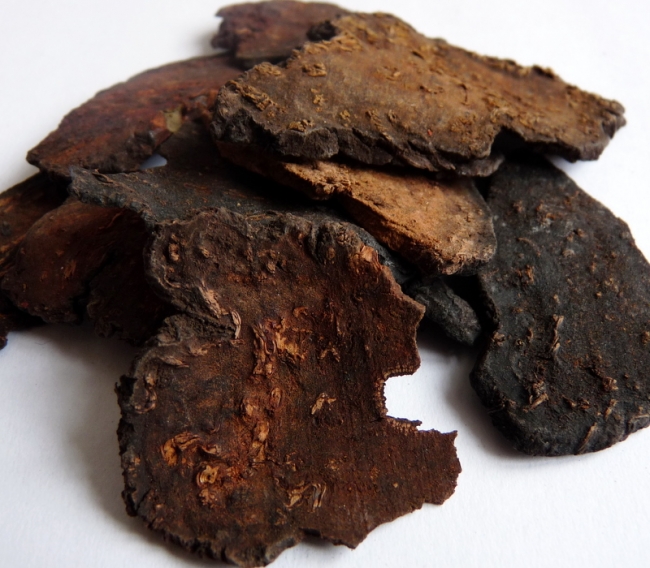
He Shou Wu is one of the widely used herbs in China. The name translates to “Black haired Mr. He” in English. Unsurprisingly, there are a number of legends associated with the herb. Its tuberous roots are a rich source of vitamins that help to make your hair roots and follicles stronger. It is also known to treat greying of hair effectively. The Chinese attribute falling or greying of hair to lack of Jing i.e., essence of life. Fo-Ti seems to be the answer to this by rejuvenating your hair. Besides this, it helps the liver and kidneys and protect the skin against UVB damage. It is recommended to be taken with mulberry extracts. Two capsules of 560 grams each are recommended per day for 3-4 months. In certain cases it might cause loose stools and skin rashes. Women should avoid it during pregnancy and lactation period.
Nu zhen zi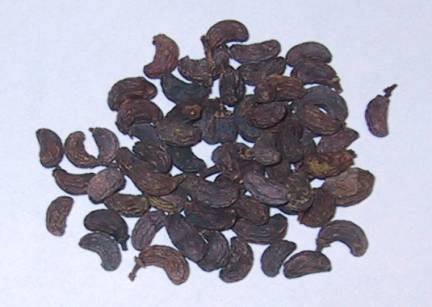
Nu zhen zi is nothing but the berries of the pivet tree. It is a herb Chinese have used for years to ‘tonify the yin’. It is used to treat a number of diseases related to liver and kidney. The herb is collected at the time of the solstice and is often used along with eclipta prostrata. The combination works to reduce thinning and graying of hair while also reducing the extent of hair fall. It is known to increase the white blood cells count in the body and is used to treat the breakdown of immune system. A 5-12 grams of dosage is recommended per day. It can be taken in the form of soup or herb. It is not recommended in case suffering from cold or diarrhea.
Wu wei zi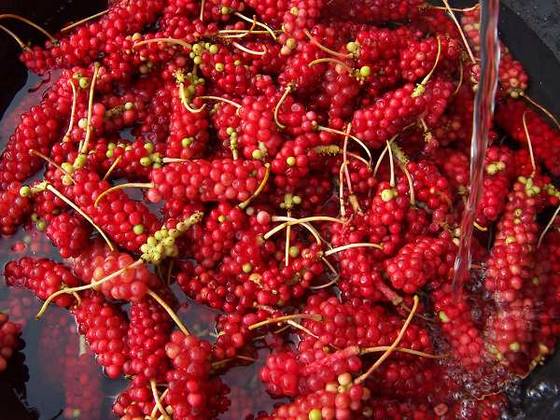
The berries of this plant are regarded as one of the 50 fundamental herbs in Chinese medicine. Known to consist of three treasures: Jing, Qi and Shen, it helps to revitalize your kidney and liver. The tonic is well recognized to provide vitality and is said to improve the quality of skin on scalp. The herb has been used in the past for treating baldness. In powdered form, 1-3 grams is recommended per day, while 1.5-9 grams can be taken with boiled water. As a tonic, 6-9 grams is recommended everyday. People suffering from ulcers and epilepsy need to consult a doctor before taking it. It is also not recommended in case having cold or flu.




